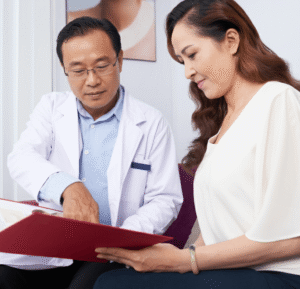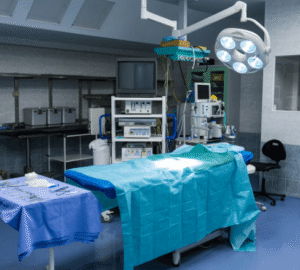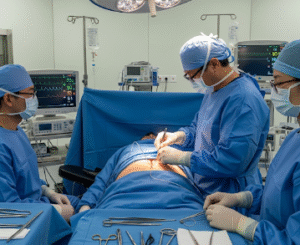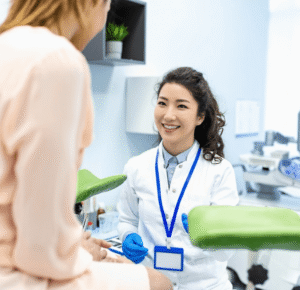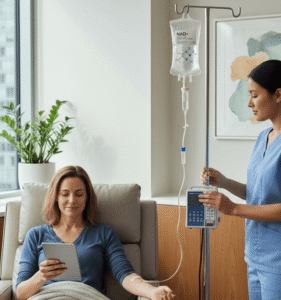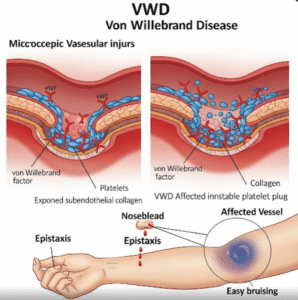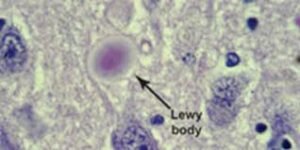Overview
An allergy is an overreaction of the immune system to substances that are usually harmless to most people. These substances are called allergens, and they can trigger a wide range of symptoms, from mild skin irritation to life-threatening anaphylaxis. Allergies are common worldwide and affect people of all ages. In Korea, allergy awareness and treatment are supported by modern diagnostic tools and specialized care centers.
What is an Allergy?
An allergy occurs when the immune system mistakenly identifies a non-harmful substance as a threat and produces an immune response. This response typically involves the release of histamines and other chemicals, which lead to inflammation and allergic symptoms.
Common types of allergies include:
- Food allergies
- Respiratory allergies (e.g., pollen, dust mites)
- Skin allergies (e.g., eczema, contact dermatitis)
- Drug allergies
- Insect venom allergies
Symptoms
Symptoms vary based on the type of allergen and the individual’s sensitivity, but may include:
Mild to Moderate Symptoms:
- Sneezing
- Runny or blocked nose
- Itchy or watery eyes
- Skin rashes, hives
- Swelling of lips, face, or eyes
- Coughing or wheezing
- Stomach pain, diarrhea, nausea (in food allergies)
Severe Symptoms (Anaphylaxis):
- Difficulty breathing
- Tightness in the chest
- Swelling of the throat
- Rapid heartbeat
- Loss of consciousness
Anaphylaxis is a medical emergency and requires immediate treatment.
Causes
Allergies can be triggered by a wide range of substances, including:
- Pollen from trees, grasses, and weeds
- Dust mites
- Animal dander
- Mold spores
- Certain foods (e.g., peanuts, shellfish, eggs)
- Medications (e.g., penicillin, aspirin)
- Insect stings (bees, wasps)
- Latex or metals (nickel)
Risk Factors
- Family history of allergies, asthma, or eczema
- Young age (children are more prone to developing allergies)
- Existing allergic conditions (e.g., asthma, hay fever)
- Environmental exposure to pollutants or allergens
- Diet and lifestyle factors
- Urban living, which may increase allergen exposure
Complications
- Chronic sinusitis or respiratory infections
- Asthma flare-ups
- Skin infections from eczema or hives
- Anaphylaxis, which can be fatal if untreated
- Sleep disturbances and fatigue
- Psychological stress, anxiety, or social withdrawal
Prevention
While some allergies cannot be completely prevented, steps can be taken to reduce risk or manage exposure:
- Avoid known allergens (e.g., specific foods, pets, pollen)
- Keep indoor air clean with filters and ventilation
- Regular cleaning to reduce dust mites and mold
- Use hypoallergenic skincare and household products
- Read food and medicine labels carefully
- Carry emergency medications (e.g., epinephrine auto-injectors for anaphylaxis)
- Early introduction of allergenic foods in babies (under medical guidance)
Treatment Options in Korea
South Korea offers world-class facilities and personalized allergy care. Patients benefit from both conventional Western medicine and integrative treatments.
1. Diagnostic Testing
- Skin prick tests
- Blood tests (IgE levels)
- Patch testing for contact allergies
- Elimination diets for food-related allergies
2. Medications
- Antihistamines to relieve itching, sneezing, and rashes
- Decongestants for nasal symptoms
- Corticosteroids (oral, topical, or nasal sprays)
- Leukotriene inhibitors (for respiratory allergies)
- Epinephrine auto-injectors (EpiPen) for severe allergies
3. Allergen Immunotherapy (Desensitization)
- Long-term treatment involving small, controlled exposure to allergens (available at top hospitals like Asan Medical Center or Severance Hospital)
- Includes subcutaneous immunotherapy (SCIT) and sublingual immunotherapy (SLIT)
4. Korean Traditional Medicine (Hanbang)
- Herbal remedies
- Acupuncture
- Lifestyle balancing therapies
(Available at integrative clinics in Seoul and other major cities)
5. Patient Education
- Allergy action plans
- Emergency preparedness training
- Diet and lifestyle counseling


